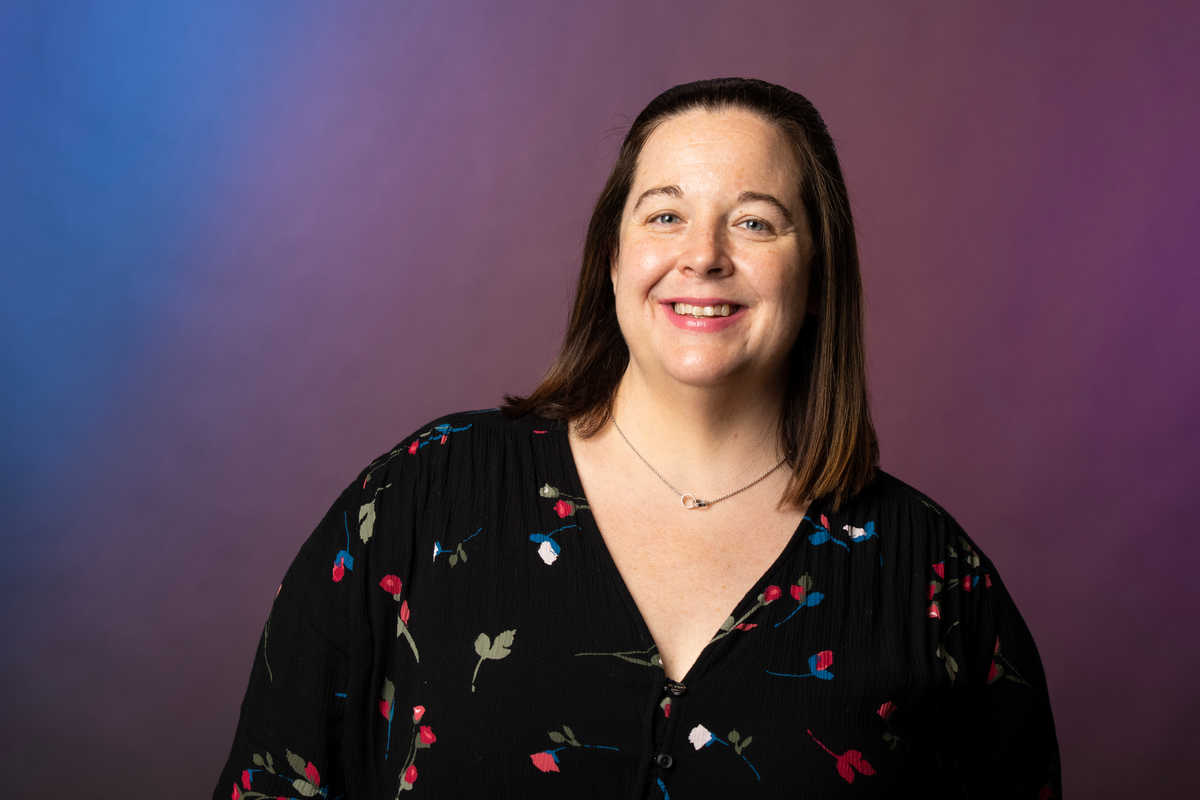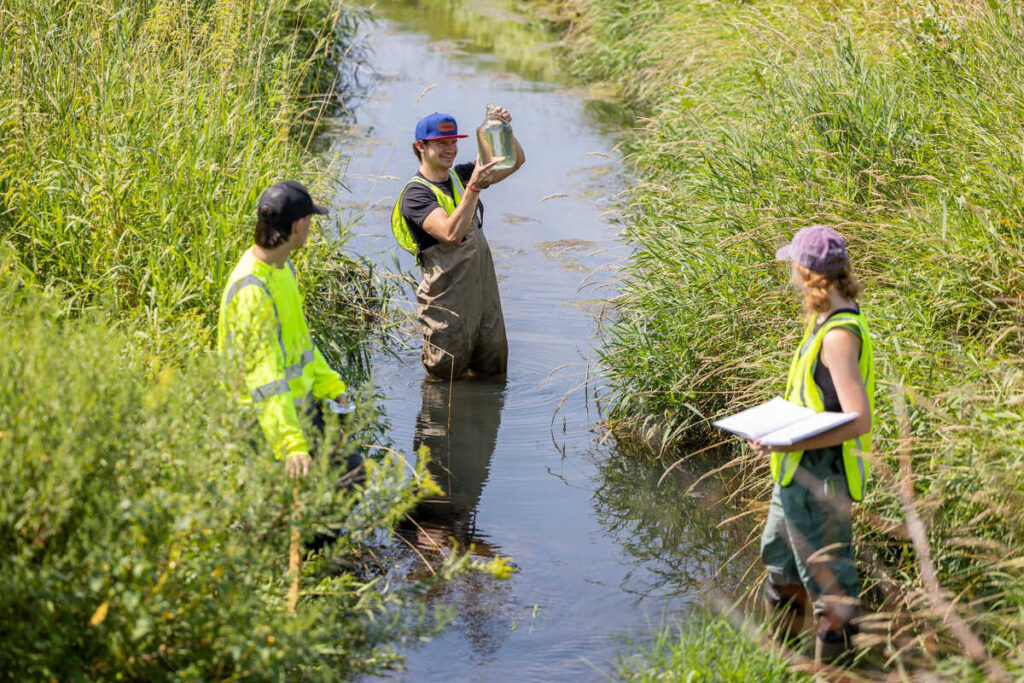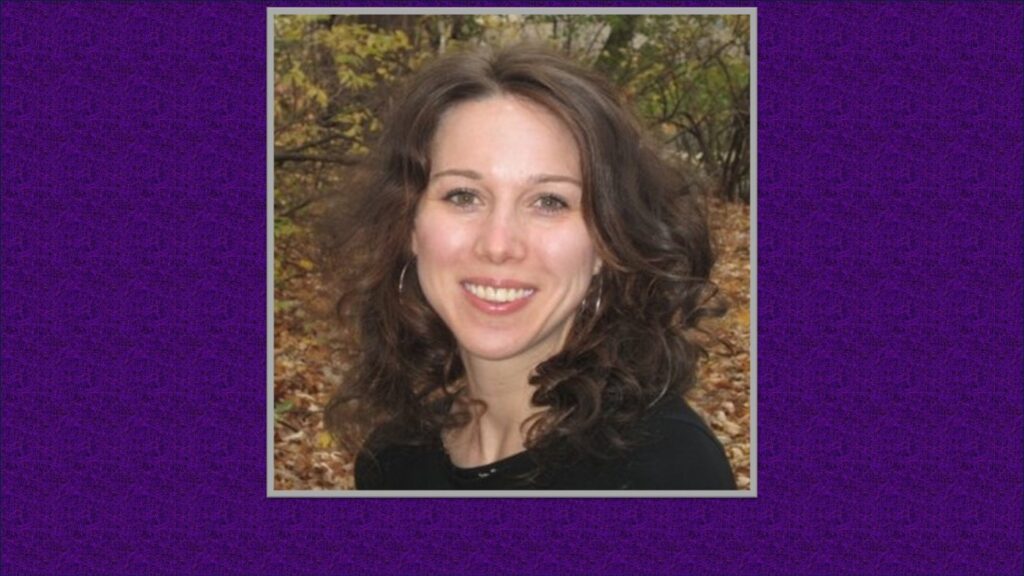St. Thomas sociology professor Dr. Patricia Maddox had what sounds like a conventional childhood. She was in the Girl Scouts, played saxophone in the marching band and spent time with her high school boyfriend.
But under the surface, she was searching for more.
“I was also harboring a bit of a secret,” Maddox said. “I was attracted to women and felt pretty unfulfilled in the relationship that I was in.”
Relationships and sexuality can be difficult to navigate for anyone, but Maddox’s attempts to grow and learn about her own identity were thwarted by the absence of gay mentors and safe spaces to explore those thoughts.
“I didn't know any teachers who I could talk to, and up until this point my life, I hadn't even read a book with a gay character,” Maddox said.
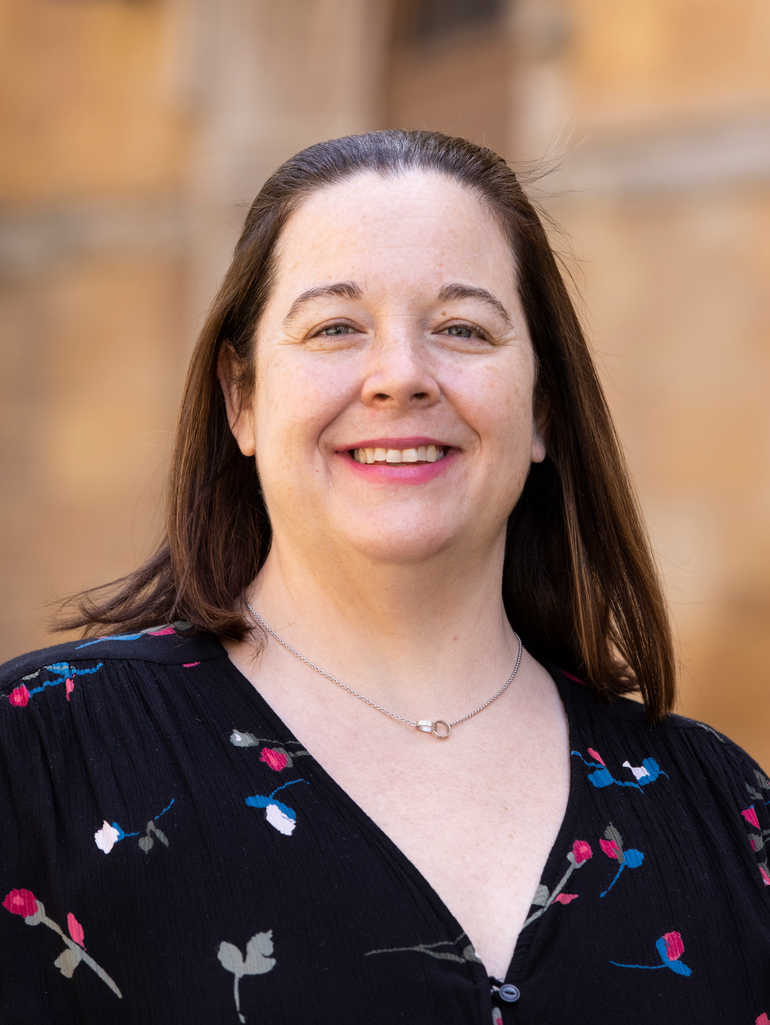
In college, Maddox eventually found a space that allowed her to explore her own identity, the women’s studies department.
“I was able to read about people like me,” she said. “I saw myself in the curriculum and started to feel like I had built a community that would be supportive when I came out.”
Maddox recently shared her identity journey as part of the College of Arts and Sciences’ Teach-in Tuesday series. Focusing on LGBTQIA+ Youth and Spaces of Affirmation, the April 26 presentation covered the importance of queer youth coming out in affirming environments.
“We know through research that the process of coming into our identities is a vulnerable time for young people,” Maddox said. “Any discriminatory experiences during this journey can also hinder the development of a healthy LGBTQ identity.”
While support for LGBTQIA+ persons is growing in many areas, queer youth also face a heated political climate. This year more than 100 legislative bills have been introduced that impact members of the LGBTQIA+ community, with a majority of those aimed at youth.
A bill in Tennessee would ban discussion on LGBTQ issues in public schools. An Oklahoma bill would prohibit public school libraries from keeping books about the study of sex and gender identity. And in Florida, a bill that was recently signed into law bans teachers from discussing LGBTQ issues with young students.
“We know that young people can feel invisible and silence if they do not see their experiences or identities represented in coursework,” Maddox said. “That’s what makes some of these bills and now laws particularly problematic for young people.”
According to the Centers for Disease Control and Prevention (CDC), creating inclusive school environments is a critical strategy for the health and academic success of all youth. Professor Maddox says while it’s unclear the immediate impact these new bills will have on schools and other spaces, they will likely create a more challenging journey for queer youth.
“Access to children’s books and important LGBTQ historical figures are important normalizing agents during this developmental time in a child’s life,” Maddox said.
Despite new challenges on the horizon, new resources also abound. Social media offers many young people the chance to explore their identity and meet mentors online.
“These are spaces that most teens spend the majority of their time in, and when they can't find these spaces in person, new social media outlets like TikTok and YouTube allow young, queer, nonbinary and trans youth virtual spaces to see others like them,” Maddox said.
At the University of St. Thomas, leaders are working to ensure safe and affirming spaces for all. From living on campus to providing LGBTQIA+ affirming programs for students, St. Thomas continues to take steps to make certain the LGBTQIA+ community feels a sense of belonging. Housing assignments use the gender identity indicated on applications, faculty and student support groups promote visibility, and leadership works to increase engagement across campus.
No matter the space – virtual or in-person – professor Maddox believes showing support to LGBTQIA youth is key.
“LGBTQ youth are resilient,” Maddox said. “So often they’re presented as weak and in need of saving. But just like all youth, they need to feel affirmed in spaces, especially those that matter the most to them.”
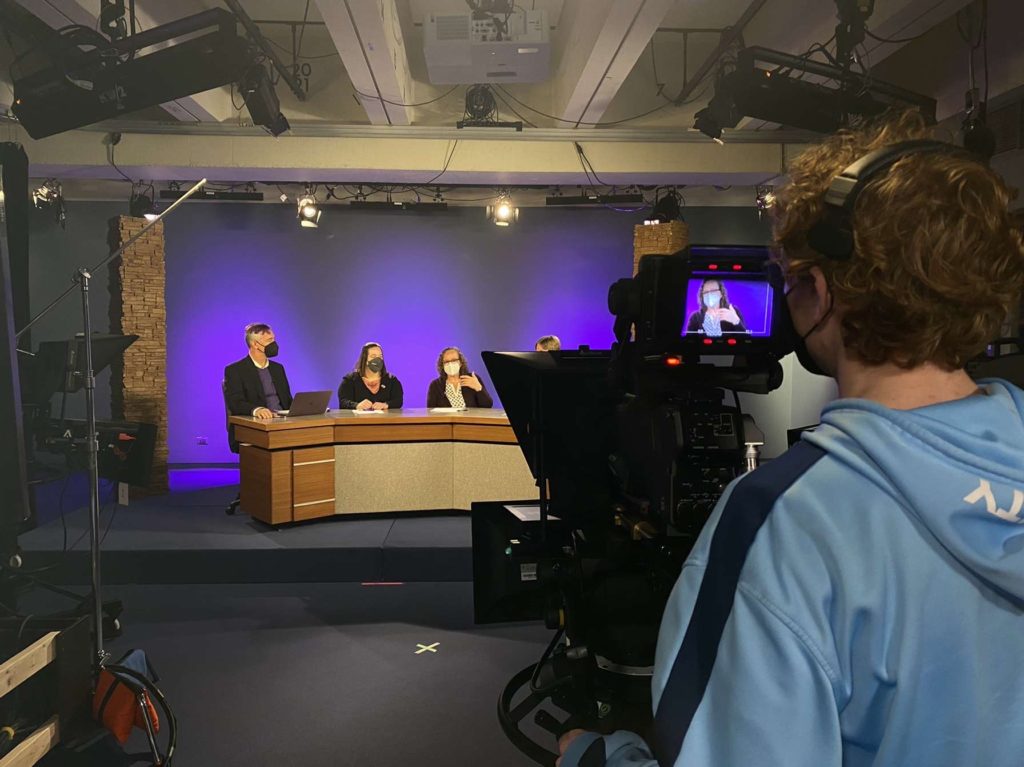
Hosted by the College of Arts and Sciences at the University of St. Thomas, Teach-in Tuesday aims to provide a space for meaningful learning and discussion around issues that impact our community.
The April 26 presentation, LGBTQIA+ Youth and Spaces of Affirmation, also included a discussion panel with STEM Inclusive Excellence Program Manager Dr. Hugh Smeltekop, Professor Ande Nesmith and Adjunct Professor Melissa Hendricks.
Production for Teach-in Tuesdays is run by St. Thomas students. Emerging Media Department students receive hands-on learning on-camera and in-studio production, lighting, video and operating studio equipment and postproduction.
